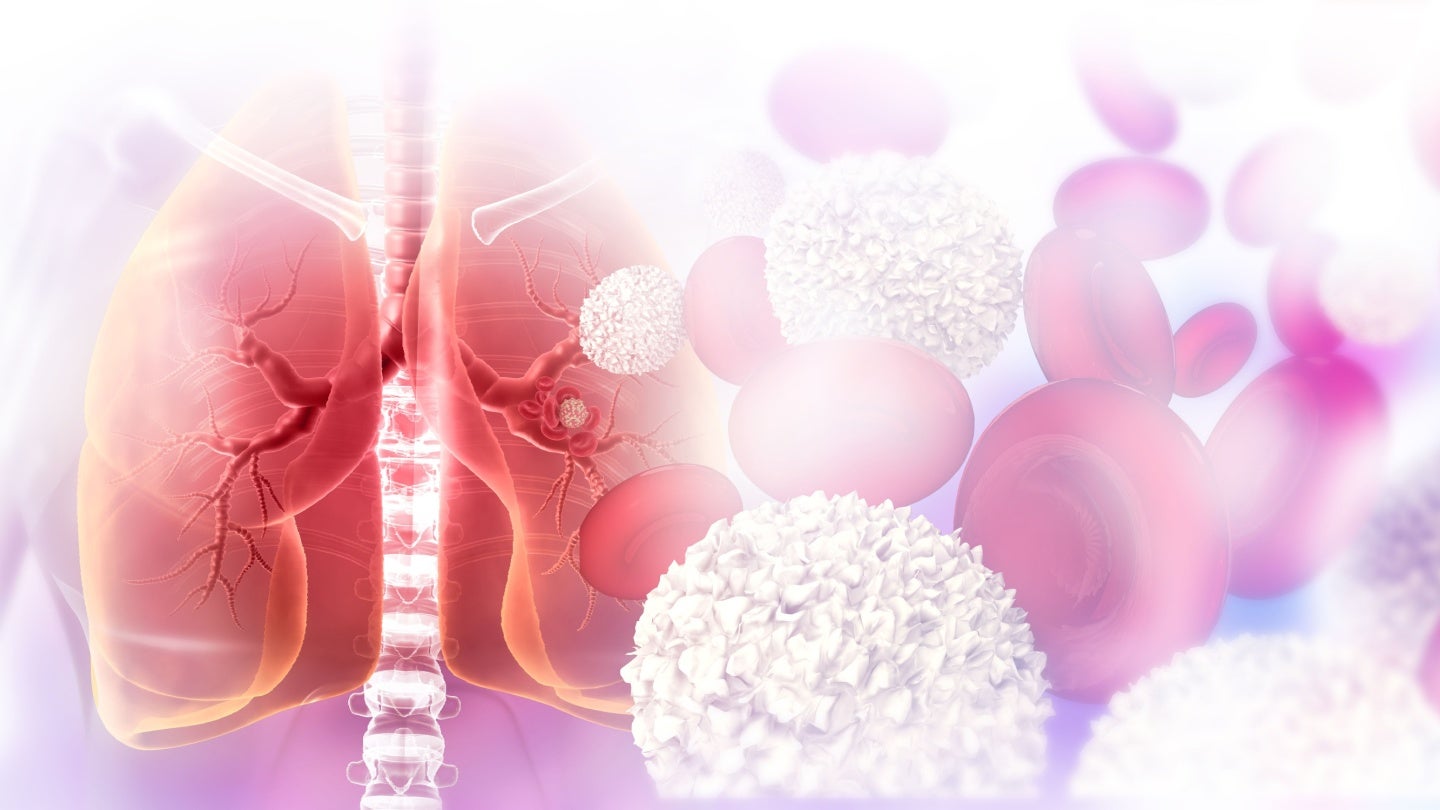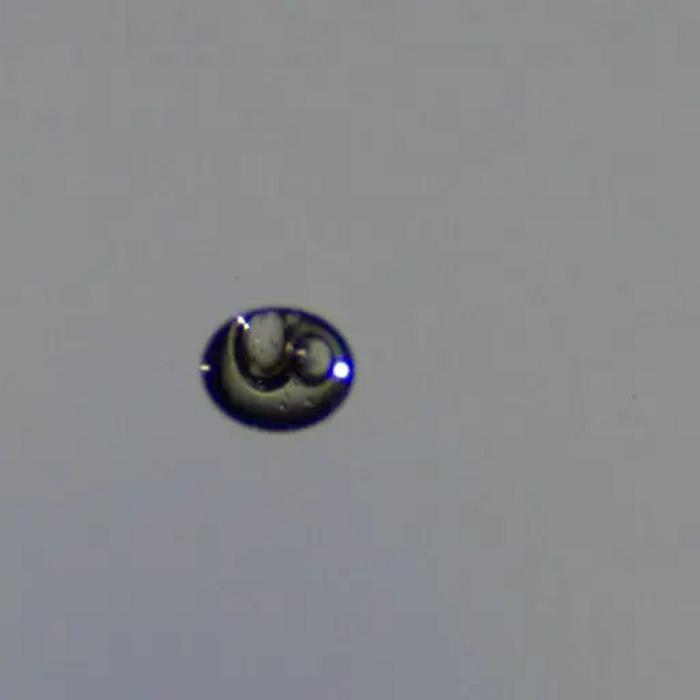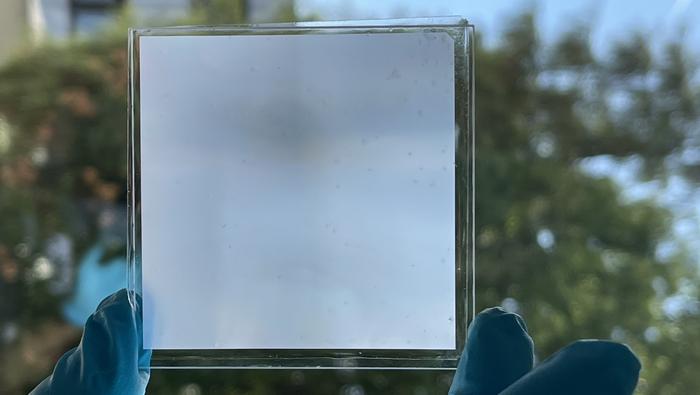Chemo-Immunotherapy Exhibits Promising Efficacy in Advanced HPV-Negative Head and Neck Cancer Patients
Researchers at the University of Chicago Medicine Comprehensive Cancer Center are redefining the therapeutic landscape for advanced head and neck cancers. Their findings, published in JAMA Oncology, showcase a groundbreaking treatment regimen that integrates immunotherapy with traditional chemotherapy, yielding substantial tumor shrinkage in patients with HPV-negative head and neck squamous cell carcinoma (HNSCC). The study […]


Researchers at the University of Chicago Medicine Comprehensive Cancer Center are redefining the therapeutic landscape for advanced head and neck cancers. Their findings, published in JAMA Oncology, showcase a groundbreaking treatment regimen that integrates immunotherapy with traditional chemotherapy, yielding substantial tumor shrinkage in patients with HPV-negative head and neck squamous cell carcinoma (HNSCC). The study involved a Phase 2, nonrandomized clinical trial that enrolled 36 patients, revealing that over half of the participants saw their tumors shrink by at least 50% after undergoing a treatment protocol combining the immunotherapy drug nivolumab with chemotherapy, followed by adaptive chemo-radiation therapy.
HPV-negative HNSCC often afflicts older individuals, particularly those with a history of smoking and excessive alcohol consumption. The prognosis for these patients has historically been grim, characterized by a notably poor quality of life and dismal treatment outcomes when compared to their HPV-positive counterparts. For many patients, the cancer is diagnosed at advanced stages, where it becomes more challenging to treat effectively. This late presentation contributes to high mortality rates and underscores the need for innovative treatment strategies.
Traditional treatment approaches for advanced HPV-negative HNSCC typically include surgery or chemoradiation therapy, both of which offer limited survival benefits and carry significant risks of side effects. These standard interventions can severely impact patients’ speech and swallowing abilities, further diminishing their quality of life. Hence, there is an urgent demand for therapeutic paradigms that not only extend survival but also reduce long-term side effects and enhance patients’ well-being.
The role of immunotherapy in treating HNSCC has evolved considerably. Immune checkpoint inhibitors like nivolumab have transformed the management of recurrent or metastatic head and neck cancers, significantly improving survival rates. Nevertheless, their application in curative settings has been limited until now. The introduction of neoadjuvant therapy—where treatment is administered before surgical intervention—could potentially change the treatment dynamic. By reducing tumor size prior to surgery or radiation, there is an opportunity to increase the chances of successful treatment.
In this pioneering study, the research team followed a meticulous regimen: patients received three cycles of neoadjuvant chemotherapy in conjunction with nivolumab, followed by a tailored chemotherapy-radiation approach based on their response. The investigators designed a response-adaptive schema where patients responding favorably—defined as more than a 50% reduction in tumor size—were allocated to a de-escalation treatment arm. This innovative approach offers hope that treatment intensity could be adjusted based on individual patient responses, fostering enhanced therapeutic outcomes while minimizing distressing side effects.
The study’s primary objective was to gauge deep response rates, quantifying the proportion of patients achieving significant tumor shrinkage. Remarkably, 53% of the cohort attained a deep response, eclipsing expectations based on historical data regarding chemotherapy’s effectiveness alone. This suggests that combining nivolumab with chemotherapy can yield better results than traditional treatments.
Furthermore, the study explored the correlation between programmed death-ligand 1 (PD-L1) expression levels and treatment responses. Patients exhibiting higher PD-L1 levels appeared to derive greater benefit from the neoadjuvant chemo-immunotherapy combination, hinting that PD-L1 expression could serve as a reliable biomarker for predicting treatment efficacy and outcomes. This discovery not only underscores the potential for personalized medicine in oncology but also points toward more targeted therapeutic strategies in managing advanced head and neck cancers.
In addition to investigating response rates, the research team meticulously evaluated various crucial factors, including survival outcomes, treatment-related toxicities, and overall patient quality of life. Significantly, those patients who responded positively to the neoadjuvant chemo-immunotherapy approach and subsequently underwent the de-escalated treatment demonstrated encouraging survival prospects and experienced fewer toxic side effects. This aspect is particularly vital, as reducing treatment toxicity can have profound implications for patients’ overall quality of life during and after their cancer journey.
The implications of this study are potentially transformative. It marks a notable advancement in the treatment of non-surgical HPV-negative HNSCC patients, laying the groundwork for new therapeutic paradigms aimed at not only enhancing survival but also improving the lived experiences of cancer patients. As the landscape of cancer treatment continues to evolve with these findings, the hope is that further research will refine and validate these approaches, ultimately leading to broader implementations across various healthcare settings.
The collaborative effort behind the research involved a multitude of contributors, including not only the principal investigator, Dr. Ari Rosenberg, but also a dedicated team of scientists and clinicians from both the University of Chicago and Rush University Chicago. Their joint contributions reflect a commitment to advancing cancer treatment through rigorous clinical research and innovation.
As the global medical community awaits longer-term follow-up data from this endeavor, the potential for neoadjuvant immunotherapy to reshape treatment approaches for advanced HPV-negative HNSCC stands on the threshold of a new era in oncology. The results underscore the critical importance of continued exploration in this domain, promising to lead to enhanced patient outcomes and inspire further clinical trials designed to optimize treatment protocols.
This groundbreaking work signifies not just a step forward in clinical oncology but also embodies a beacon of hope for patients afflicted with HPV-negative head and neck cancers. As understanding of these innovative treatments deepens, a broader vision for patient care emerges, emphasizing not only cancer survival but also the restoration of life quality beyond the disease.
Now, as we look ahead, the conversation surrounding head and neck cancer treatment is poised for a significant transformation. The advances seen in this clinical trial may serve as a catalyst for developing more sophisticated, tailored therapies that meet the urgent needs of a vulnerable patient population plagued by complex challenges.
Through this comprehensive exploration of neoadjuvant chemo-immunotherapy pathways, the researchers at the University of Chicago Comprehensive Cancer Center may have laid the foundation for significant advancements in the landscape of head and neck cancer treatment, addressing critical gaps and fostering hope for affected individuals and their families.
Subject of Research: People
Article Title: Neoadjuvant Nivolumab Plus Chemotherapy Followed by Response-Stratified Chemoradiation Therapy in HPV-Negative Head and Neck Cancer: The DEPEND Phase 2 Nonrandomized Clinical Trial
News Publication Date: 6-Mar-2025
Web References: https://jamanetwork.com/journals/jamaoncology/fullarticle/2830875
References: None
Image Credits: None
Keywords: Head and neck cancer, Drug therapy, Cancer immunotherapy, Chemotherapy, Side effects, Drug studies, Clinical trials, Radiation therapy, Squamous cell carcinoma
Tags: adaptive chemo-radiation therapy effectivenessadvanced HPV-negative HNSCC treatmentchallenges in treating advanced HNSCCchemo-immunotherapy for head and neck cancerimproving quality of life in cancer patientsinnovative therapies for head and neck cancernivolumab chemotherapy combinationphase 2 clinical trial findingsprognosis for HPV-negative squamous cell carcinomasmoking and alcohol impact on HNSCCtumor shrinkage in cancer patientsUniversity of Chicago Cancer Center research
What's Your Reaction?


































